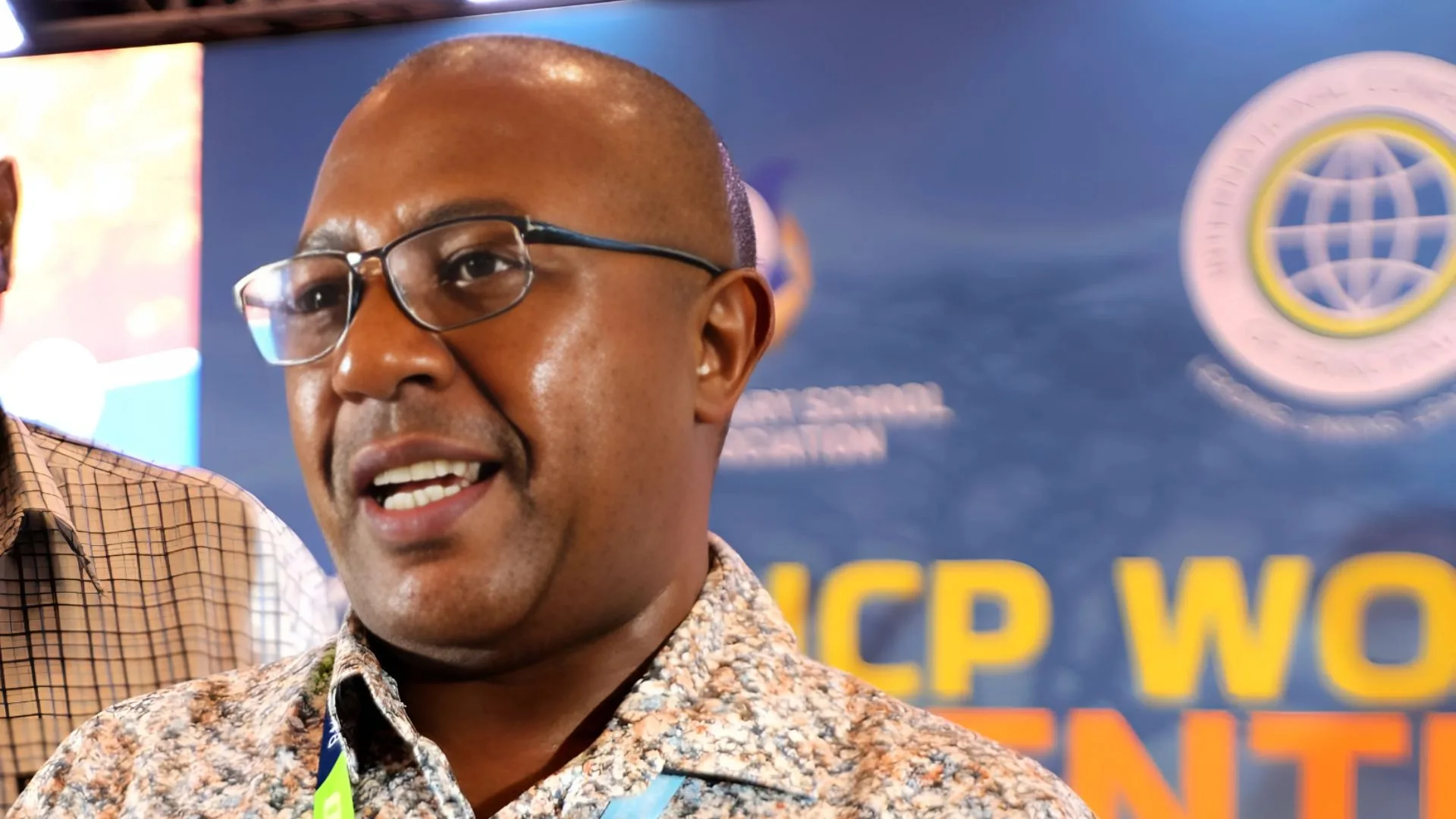School Principals Want Fees Raised by Sh27,000.
Secondary school principals have submitted a proposal to the Ministry of Education seeking an increase in school fees, which, if implemented, will require parents to pay up to Sh27,000 more annually.
This recommendation comes as schools grapple with significant financial difficulties due to inadequate government capitation funds, leading to mounting debts.
The Kenya Secondary Schools Heads Association (Kessha) argues that the current capitation, last revised in 2018, has been both reduced and rendered insufficient due to inflation.
They propose a fee adjustment across all school categories, which would effectively phase out the Free Day Secondary Education programme.
The proposal outlines the actual cost of educating a student per day compared to the government’s annual allocation of Sh22,244 per learner, existing tuition fees, and the rising cost of essential commodities.
According to the new recommendations, parents with children in national schools would face an additional fee of Sh19,628 per year, while those with students in extra-county schools would pay Sh27,488 more.
Currently, learners in day schools do not pay tuition fees, but Kessha is now pushing for a mandatory annual contribution of Sh5,372 per student.
Kessha highlights that partial and delayed disbursements of government funds, coupled with increasing costs of goods and services, have severely strained school operations.
The association warns that unless this financial crisis is swiftly addressed, many schools in Kenya could be forced to shut down, disrupting education for millions of students.
Disparities in Capitation Disbursement
The association notes that schools do not receive the full allocation of Sh22,244 per student. Due to deductions and delays, institutions are left with less than Sh10,479 per learner—an amount significantly lower than what was allocated in 2008.
This disparity persists despite rising inflation and escalating operational costs.
As a result, many schools struggle to purchase learning materials, compensate non-teaching staff, and provide adequate meals for students. Additionally, financial constraints have led to a reduction in co-curricular activities, forcing schools to limit or entirely cut certain programs.
The report highlights that funds meant for student activities are deducted and retained by the Ministry of Education but never reach the schools, exacerbating the financial strain.
Special needs institutions have been particularly affected by insufficient funding. The current boarding fee of Sh12,750 per student is inadequate, while the anticipated grant-in-aid of Sh35,370 is never fully disbursed.
For instance, in the 2023/2024 financial year, only Sh26,148 was released, leaving a shortfall of Sh9,222.
Kessha also links inadequate funding to declining academic performance. A shortage of resources in schools has led to a marked increase in the number of students failing national exams.
The number of learners scoring an ‘E’ grade in the Kenya Certificate of Secondary Education (KCSE) has surged by 72 percent between 2022 and 2025.
Read Also: KNUT Calls for More Teacher Promotions and Increased School Capitation
Call for Government Action
To address these issues, Kessha is urging the government to fully disburse capitation funds as per the approved rate and bridge existing financial gaps. The association also recommends a review of the school fee structure to reflect prevailing economic conditions.
The report emphasizes the need for urgent intervention to sustain quality education in Kenya. Kessha insists that immediate government action is necessary to ensure schools remain operational and adequately equipped to support students’ academic needs.
In response, Education Cabinet Secretary Julius Ogamba has assured school heads that the government has disbursed only half of the expected first-term capitation and that the remaining amount will be released within the week.
School Principals Want Fees Raised by Sh27,000.


Discussion about this post